Have you ever stood outside your own front door, only to see your cat dart away just as you step inside? It’s a surprisingly common moment for cat owners—a split second of feline hesitation before the warm reunion. But why do cats retreat before they let you in? Is it shyness, strategy, or something deeper rooted in their mysterious nature? The answer may surprise you, and it’s packed with emotion, science, and a touch of the extraordinary. Let’s unlock the secret world behind this quirky behavior and discover what truly goes on in the mind of your feline friend.
The Instincts of Survival

Cats are hardwired with the instincts of their wild ancestors, even if they’ve never set paw outside your living room. When they sense movement or hear the sound of a door opening, their natural response is caution. This isn’t just about being nervous—it’s a survival tactic. In the wild, sudden movements could signal danger or an approaching predator. So, when you arrive home, your cat’s first reflex is often to retreat and assess the situation from a safe distance. This cautious approach helps them feel secure and gives them time to determine whether it’s truly safe to come closer.
The Importance of Territory

For cats, home isn’t just a place—it’s a carefully marked territory. Every inch of your house is mapped out in their minds, with certain zones reserved as safe havens. When you enter, especially after being gone, your arrival represents a shift in the environment. Even the slightest change can make a cat want to retreat and observe from afar before re-entering their comfort zone. By stepping back, they give themselves space to understand any new scents, sounds, or changes that might have occurred while you were away.
Sensitivity to Sound and Movement

Cats experience the world through heightened senses, which means every door creak or jingling key is magnified. The noise and sudden movement of a person entering can startle them. Their retreat is a way of coping with sensory overload. By moving away, they can process the new stimuli at their own pace. This isn’t a sign of fearfulness but a demonstration of how in tune they are with their surroundings. Cats prefer to process changes in a controlled, cautious way, and their retreat is a testament to this amazing sensitivity.
Trust: Built Slowly, Lost Quickly

Building trust with a cat is a delicate, ongoing process. Even the most loving feline can be wary when something interrupts their routine. If your cat retreats before greeting you, it might be their way of reaffirming that the environment—and you—are still safe. This brief pause can be compared to a friend peeking out the window before opening the door. It’s not rejection; it’s just a moment of caution that allows trust to remain strong and steady.
Reading Your Body Language
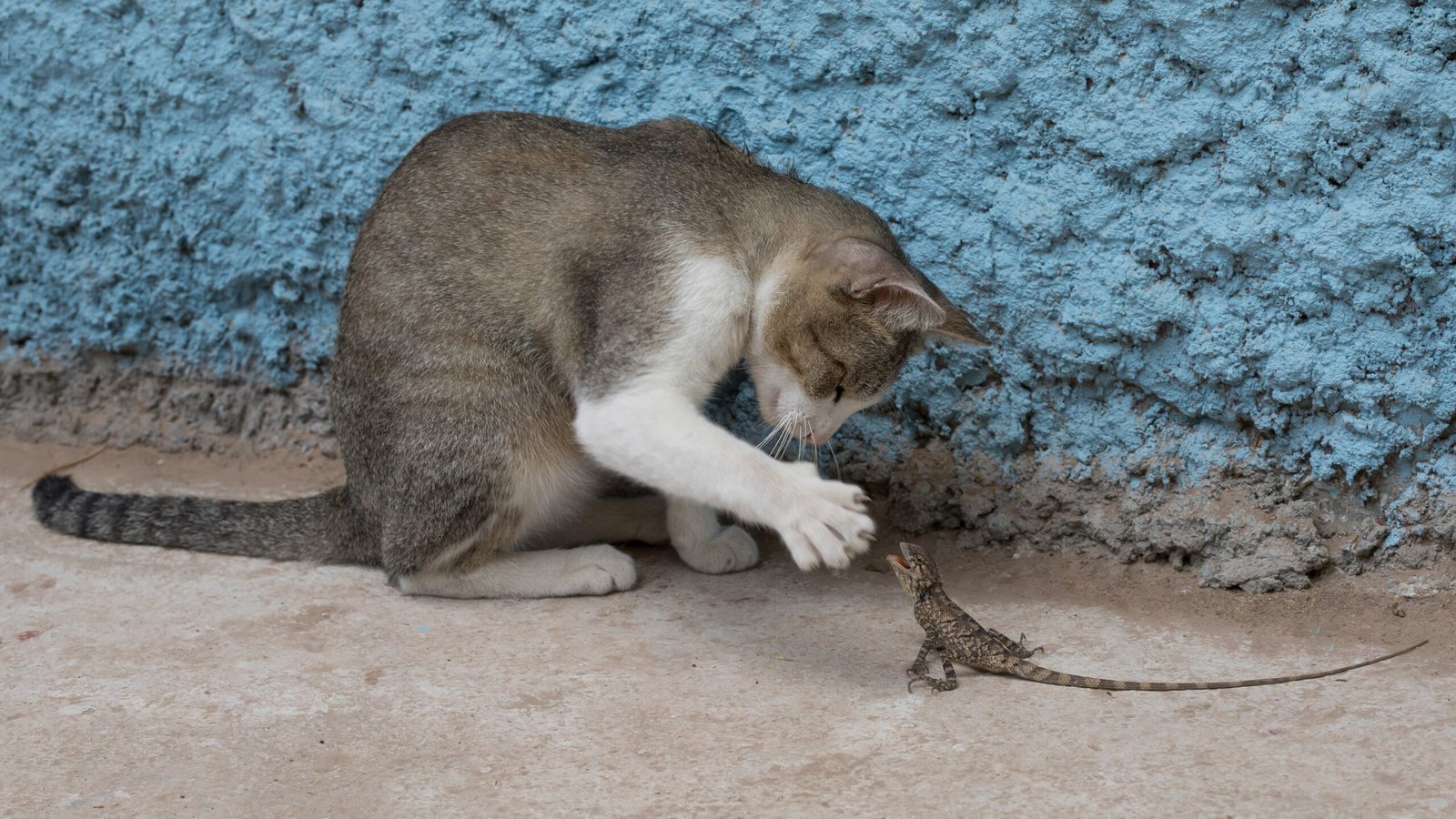
Cats are masters at reading human body language, often more so than we realize. When you approach the door with arms full or in a hurry, your cat picks up on these cues. They may interpret hurried movements as potential threats or disruptions. By retreating, they are simply giving themselves a buffer to observe and decide whether your mood and movements feel welcoming. Over time, you might notice your cat’s response changes depending on how you enter—calmly or energetically.
The Ritual of Greeting
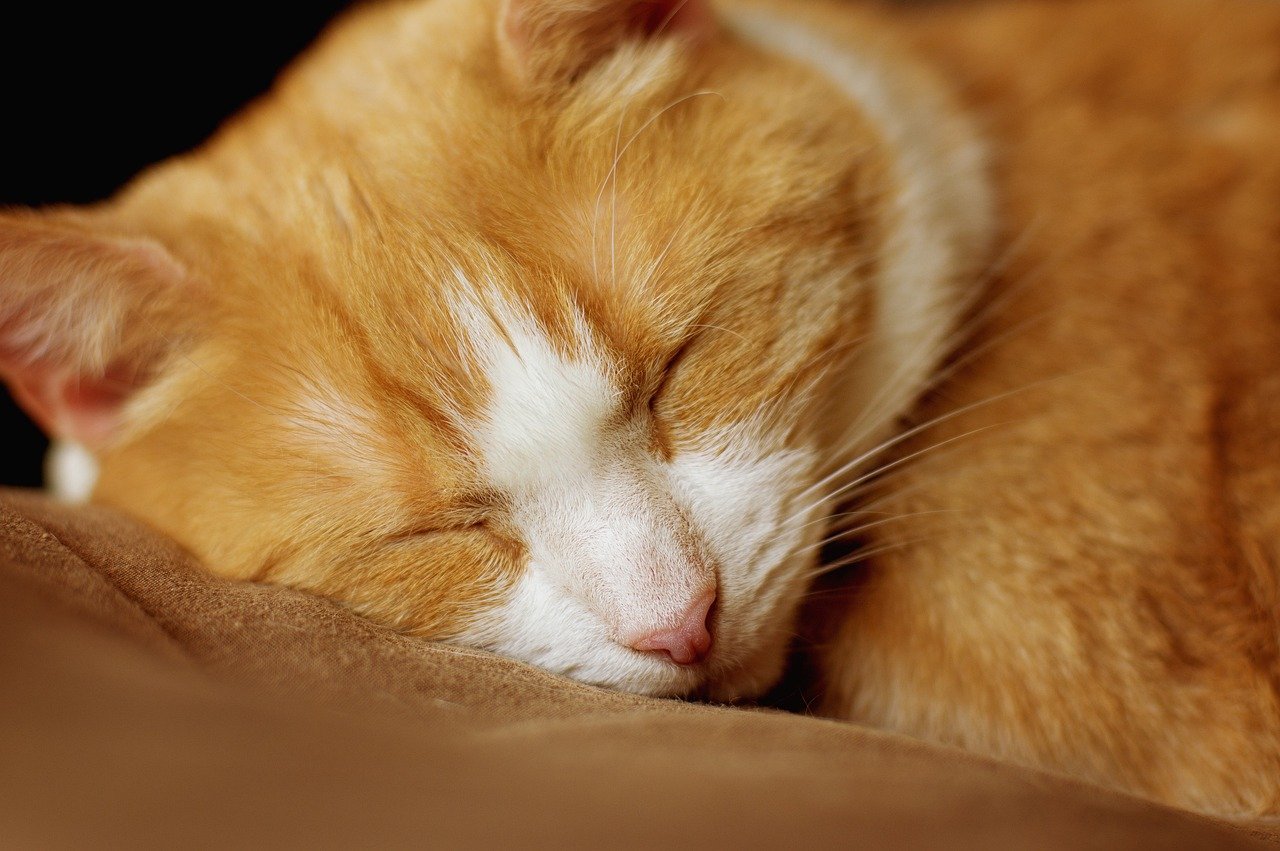
For many cats, greeting their humans is a ritual that allows them to reestablish bonds. Retreating before letting you in is sometimes a part of this ritual. They create a little distance, watch your approach, and then, once reassured, come forward to rub against your legs or meow a welcome. This unique way of greeting is a blend of independence and affection—your cat wants to acknowledge your return but on their own terms.
The Power of Scent Memory

Cats rely heavily on scent to recognize people and places. When you return home, you bring with you an array of new smells—from the office, the outdoors, or even other animals. This sudden mix of unfamiliar scents can make your cat pause and retreat. They need a moment to recalibrate their scent memory, ensuring that you are indeed the person they know and love. Their retreat gives them a moment to process and ultimately accept you back into their familiar environment.
Assessing for Threats
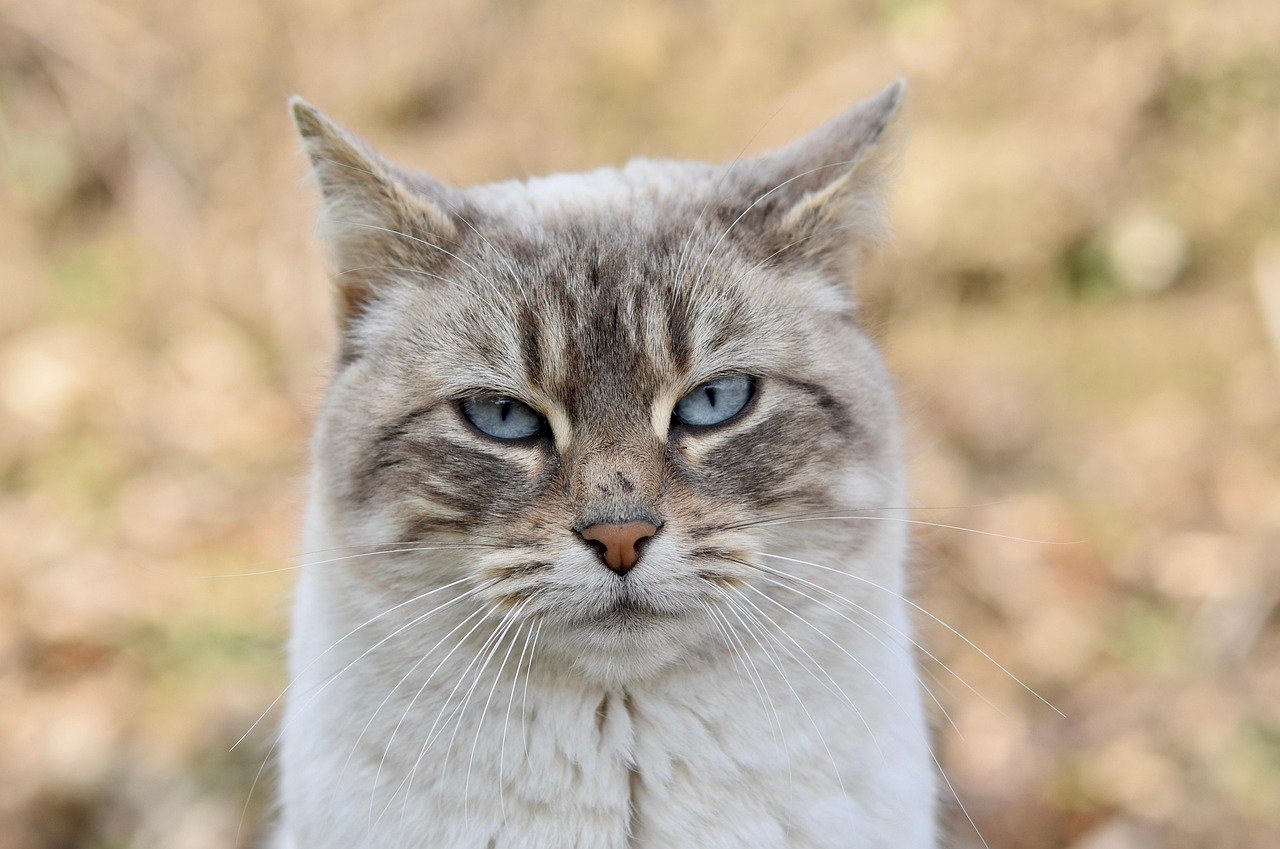
No matter how safe your home feels, your cat’s primal instincts tell them to check for threats. When you open the door, your cat might retreat to a vantage point—a staircase, a sofa, or a hallway—where they can watch and make sure everything is as it should be. This behavior is a built-in safety check, a quick scan to ensure no unknown dangers have followed you inside. It’s a habit formed over thousands of years, showing just how deeply survival instincts run in our domestic companions.
Habitual Behavior Patterns

Cats are creatures of habit. They thrive on routine and predictability. If your cat has always retreated when you come home, it could simply be a learned behavior. Perhaps something startled them once, and now it’s part of their routine. Over time, this can become a habit, reinforced by the comfort it brings. Changing this behavior isn’t always necessary; it’s often just another endearing quirk in your cat’s daily life.
Socialization and Early Experiences

A cat’s early life plays a huge role in how they react to people entering their space. Kittens who were well-socialized, exposed to various stimuli, and handled gently are often less likely to retreat. On the other hand, cats with limited early socialization or negative experiences may be more cautious. These early impressions stick with them, shaping their reactions for years to come. Understanding your cat’s background can provide insight into why they behave the way they do.
The Role of Curiosity
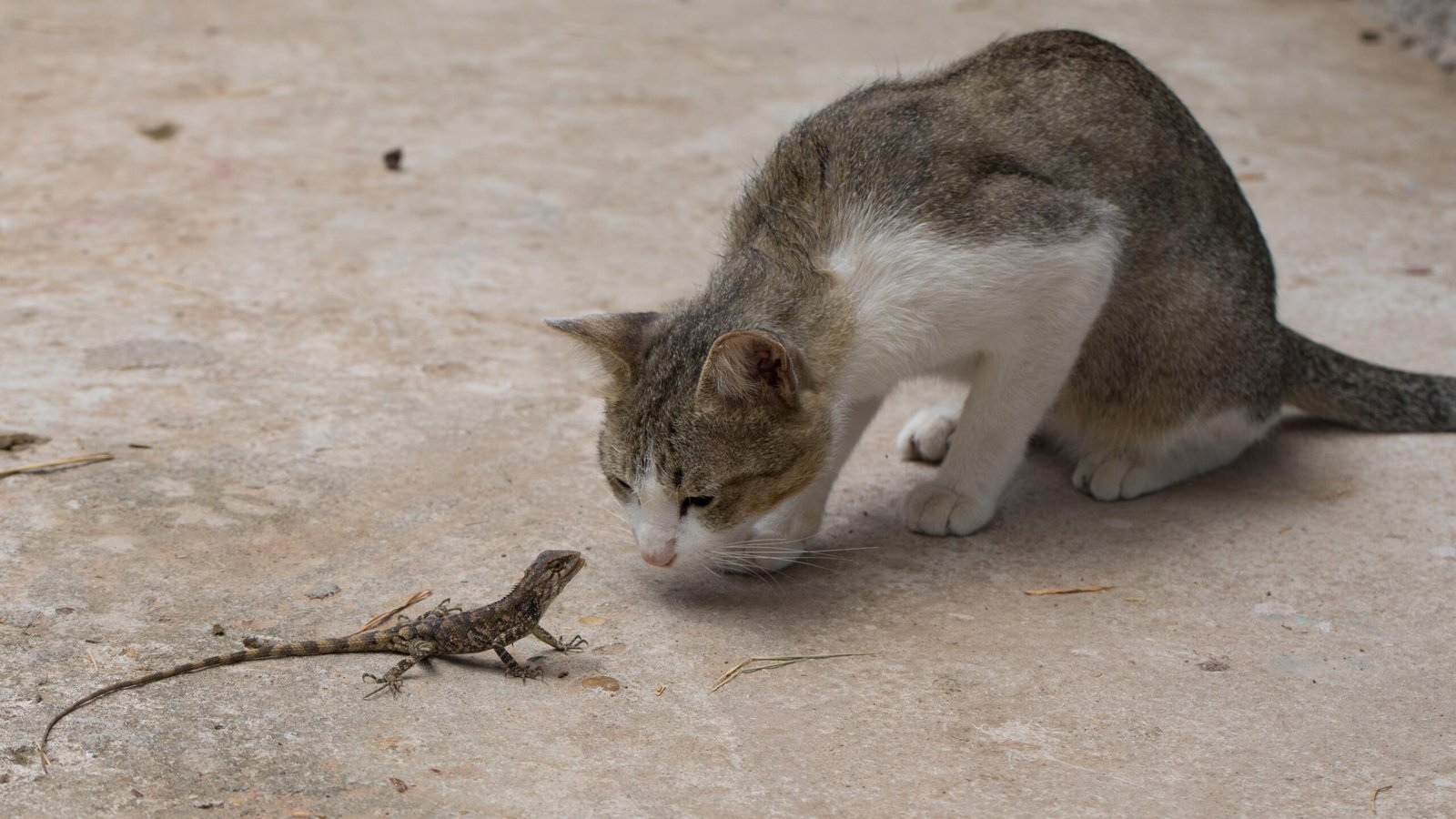
Cats are famously curious creatures. When you come home, their initial retreat may simply be the prelude to an investigation. After a brief withdrawal, your cat might circle back, sniff your shoes, or inspect your bags. This curiosity is part of their daily exploration ritual. They want to know what’s new, what’s changed, and if there’s anything interesting you’ve brought back with you. Their retreat is the first step in a carefully choreographed dance of discovery.
Personality Differences

Just like people, cats have unique personalities. Some are bold and outgoing, running to greet you at the door. Others are more reserved, preferring to observe from a distance before making contact. These personality differences can influence how and when your cat chooses to approach you. Understanding your cat’s temperament can help you predict their behavior and respond in ways that make them feel safe and loved.
Stress and Anxiety Factors

Certain changes in the household—like moving furniture, new pets, or even a visitor’s lingering scent—can heighten a cat’s anxiety. When you return home, your cat may retreat until they’re sure everything is back to normal. Stress can manifest in subtle ways, and a temporary retreat is often a cat’s method of self-soothing. Recognizing signs of stress and creating a calm environment can help your cat feel more secure in their routine.
Protecting Their Favorite Spaces
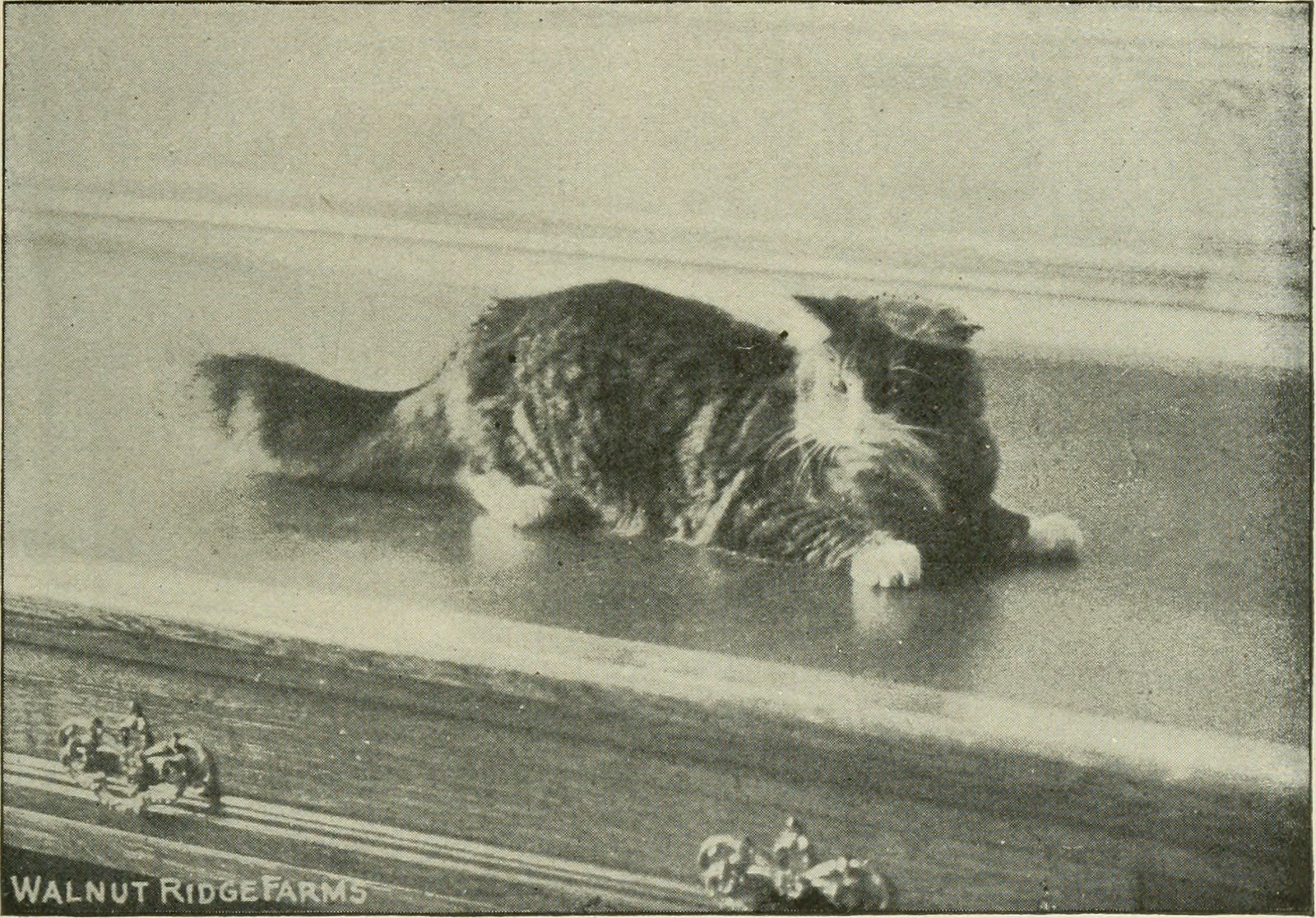
Cats often have favorite spots—windowsills, couches, or quiet corners—that they guard closely. Your arrival might mean a momentary disruption to these cherished spaces. By retreating, your cat is making sure their safe zones are undisturbed and remain their own. This behavior is a gentle reminder of how much cats value their personal territory and the peace it brings.
Communication Through Behavior

Retreating is one way cats communicate with their humans. It’s their silent language, saying, “I need a moment” or “Give me space.” By watching their body language—tail position, ear movement, posture—you can better understand what your cat is trying to tell you. These subtle signals form the foundation of a deep, trusting relationship between you and your feline companion.
Welcoming Routine Changes
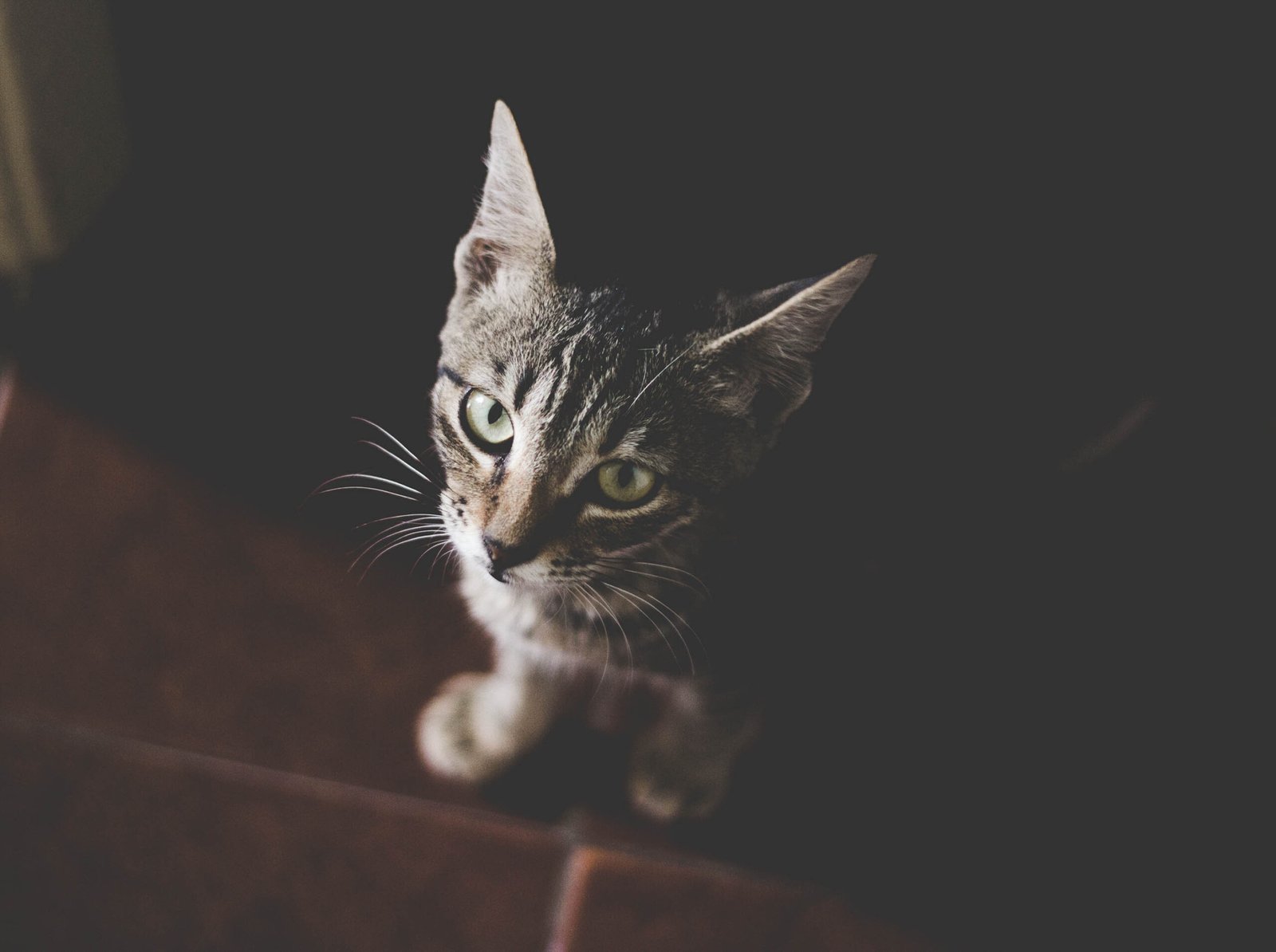
While cats typically prefer consistency, some adapt quickly to new routines. If your schedule or the way you enter the home changes, your cat’s response may change too. They might retreat less often or even begin to greet you more boldly. Observing these shifts can tell you a lot about your cat’s adaptability and growing comfort within their environment.
The Influence of Age and Health

Older cats or those with health issues may retreat more frequently or move more slowly. These changes aren’t just about caution but might reflect discomfort or a desire for extra space. Keeping an eye on these shifts can help you detect early signs of health concerns and ensure your cat’s well-being. A gentle approach and extra patience can go a long way with aging or ailing pets.
Bonding After Retreat
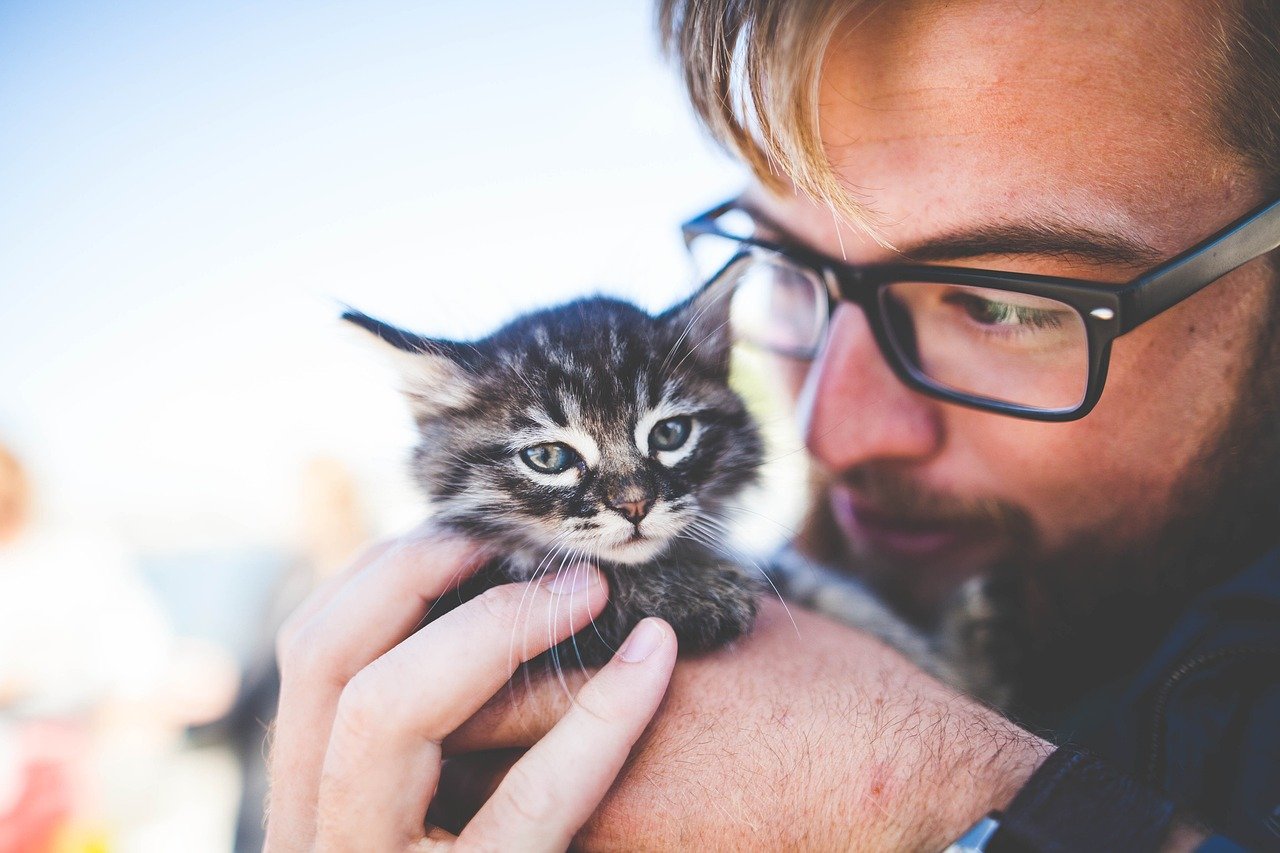
After the initial retreat, many cats will seek out their owners for affection, play, or simply to be near them. This post-retreat bonding is often more meaningful and tender. By respecting your cat’s need for space, you foster a relationship built on mutual trust. These moments—quiet, gentle, and full of understanding—are the heart of the special bond you share.
Impact of Household Dynamics
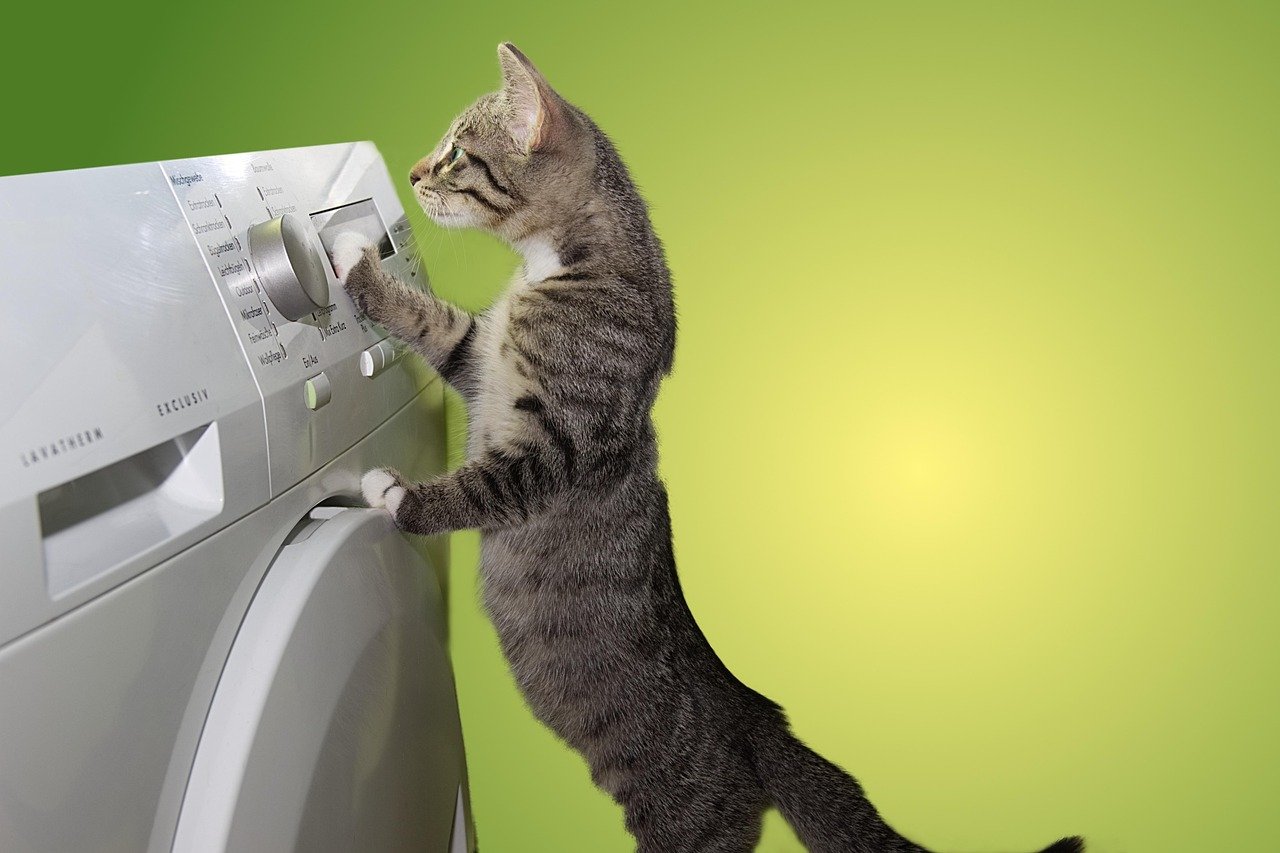
If your home is shared with other pets or family members, your cat’s retreat might be influenced by these dynamics. Competing scents, sounds, and personalities can make your cat more cautious. Each household is unique, and cats will adapt their routines to fit the rhythms of their environment. Observing these interactions can help you create a more harmonious home for everyone.
Learning Your Cat’s Unique Language
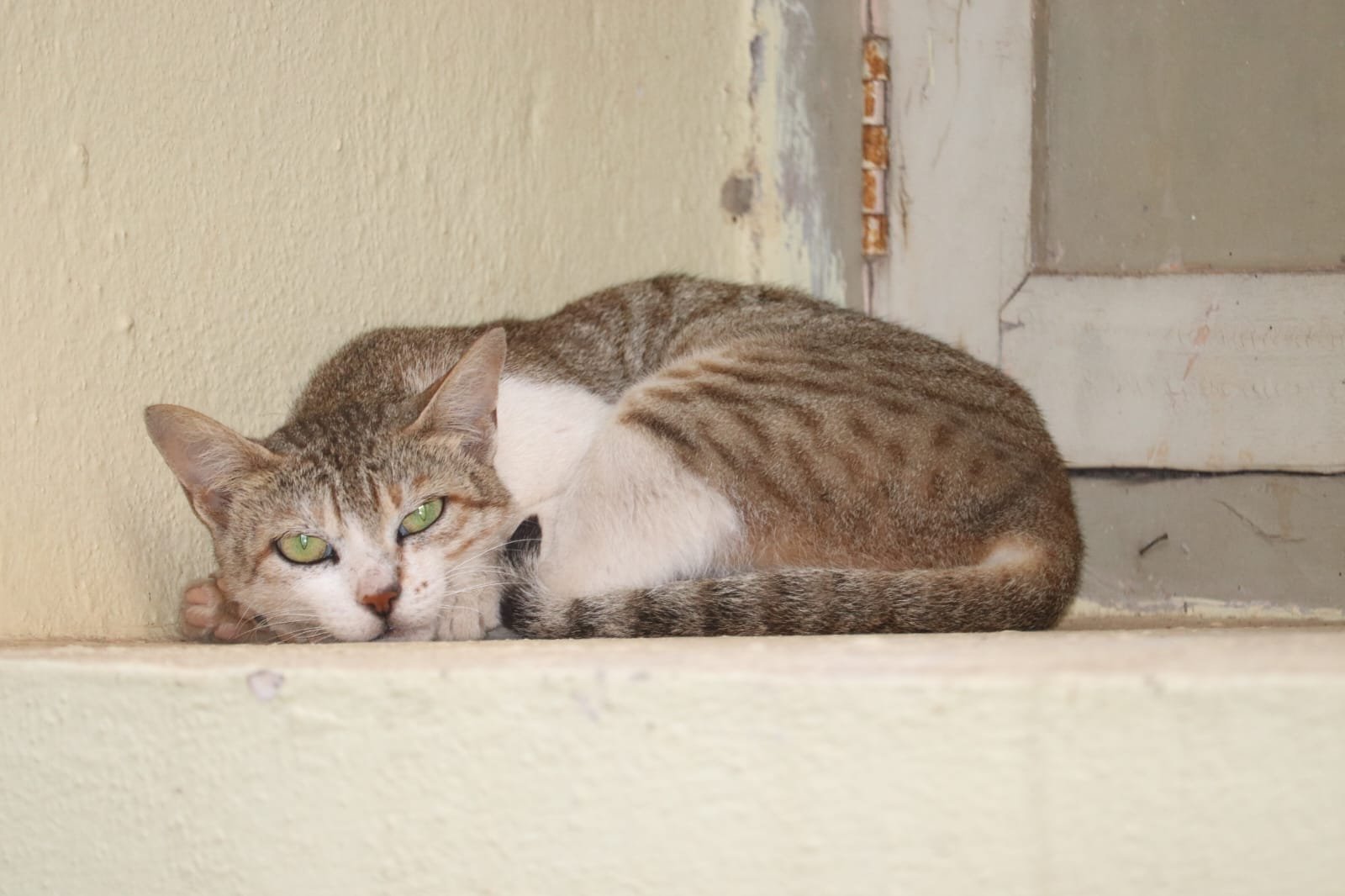
Every cat has a unique way of expressing themselves. Some will chirp, some will hide, and others might simply sit and stare. By paying attention to these individual quirks, you become fluent in your cat’s language. This understanding deepens your connection, making every homecoming a moment of joy—even if it begins with a tiny, mysterious retreat.
Celebrating Feline Independence

At the core of this behavior is a celebration of independence. Cats are not pack animals; they value autonomy and self-control. Their retreat before letting you in is a gentle assertion of this independence, a way of managing their world on their own terms. Embracing this aspect of your cat’s personality allows you to appreciate the full spectrum of their character—curious, cautious, loving, and fiercely independent.
This is where the summary ends.
Hi, I’m Bola, a passionate writer and creative strategist with a knack for crafting compelling content that educates, inspires, and connects. Over the years, I’ve honed my skills across various writing fields, including content creation, copywriting, online course development, and video scriptwriting.
When I’m not at my desk, you’ll find me exploring new ideas, reading books, or brainstorming creative ways to solve challenges. I believe that words have the power to transform, and I’m here to help you leverage that power for success.
Thanks for stopping by, Keep coming to this website to checkout new articles form me. You’d always love it!






